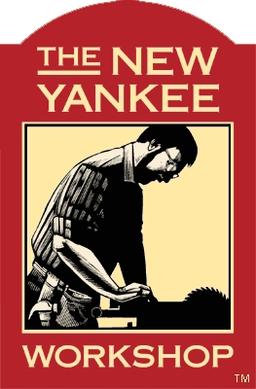I’m sorry if this is not in the spirit of the community, but I figured my dad would know because of his experience woodworking, and I don’t want to ask him for obvious reasons. I’m happy to remove it if it doesn’t fit.
I have an aluminum herb grinder, that regularly gets jammed up with resin. I tend to use a regular (probably pine) food skewer to clean it off, because I don’t want metal shards coming off of the aluminum from a metal scraper or plastic pieces from a plastic scraper. The pine works okay, but I have to replace it regularly and it can’t get everything.
I know pine is probably one of the softest woods, but would a hard wood be significantly more durable if it were cut as thin as a skewer (4mm diameter round)? Would anything be both reasonably obtainable (I live in a place with frequently abandoned old furniture, if that would be a good source, or I can go to a lumber store) and more durable enough to be worth it?


Really old furniture would be possibly worse. Lead stopped being used in varnish same time as lead paint, 1978. Highly likely that any furniture older than that contains lead, unless you’re talking something from before around 1920.
I’m in Germany, so it’s not super uncommon that furniture from the 1800s shows up broken on the street for trash pickup/antiquers, but it seems like that’s not a good idea, based on the other things that might be in there.
Maybe find a hardwood tree, grab a small branch and whittle it?